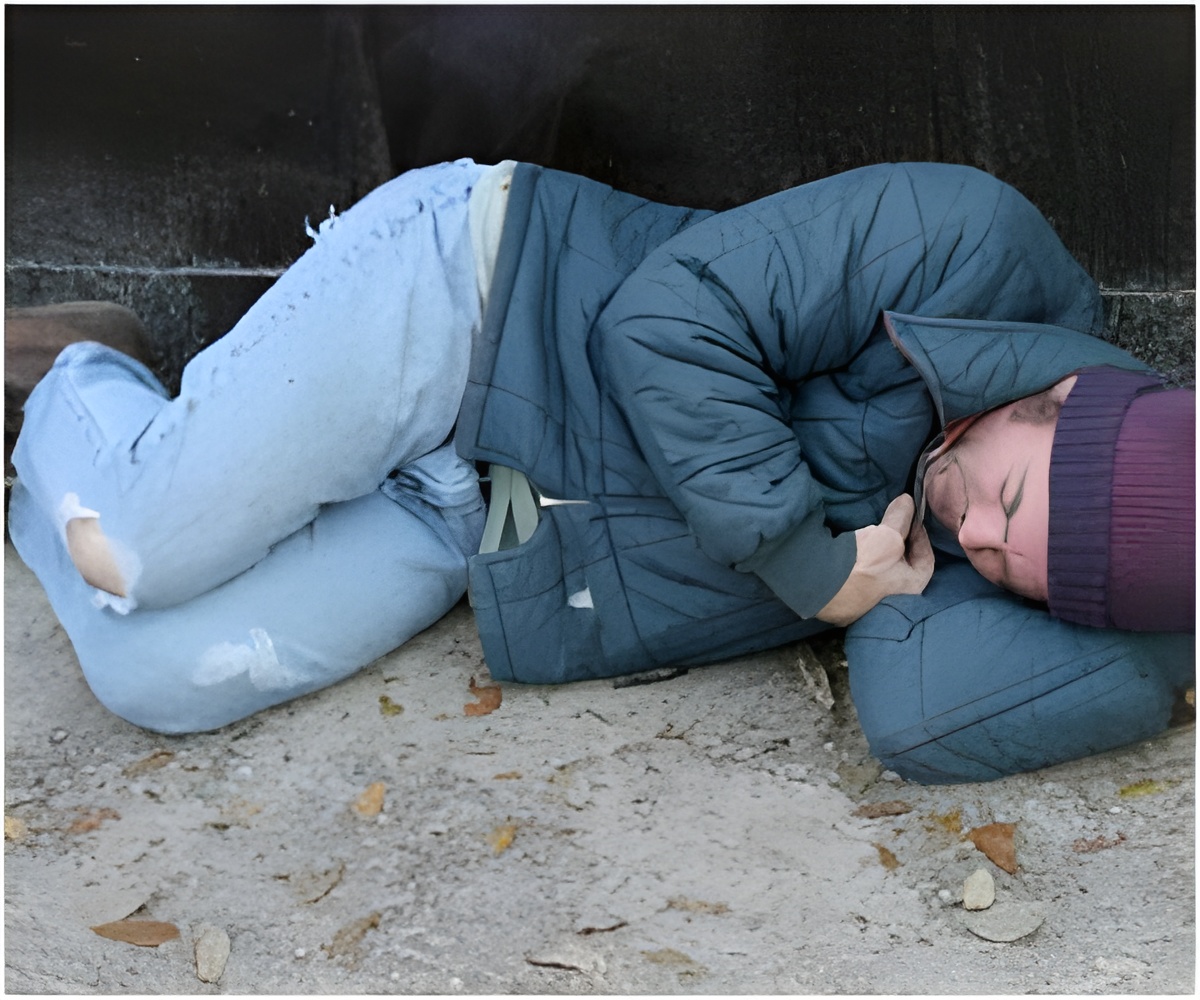
‘In cities where homeless persons are viewed as an "environmental contaminant", efforts to purge the homeless from the area tend to push them to the fringes of the community and diminish their access to the urban environment and the resources it provides.’
Tweet it Now
In the article, "Treating People Like Pollution: Homelessness and Environmental Injustice",
Eric Bonds and Leslie Martin, University of Mary Washington,
Fredericksburg, VA, focus on the homeless population of Fredericksburg,
Virginia, a small city and distant suburb of Washington, DC. The authors provide compelling information and arguments to demonstrate how both official and unofficial movements and exclusionary policies from within communities reduce the visible existence of homeless populations. This important, and too often under-recognized environmental injustice, marginalizes homeless persons, making them feel less safe and unable to access community resources that may provide shelter, meals, and other social services.
"This article is important in elucidating the human costs of environmental indifference to those who we perceive as "others" in our society," says Environmental Justice Editor-in-Chief Sylvia Hood Washington, and Sustainability Director, Environmental Health Research Associates, LLC. "The authors make a significant contribution to the field of environmental injustice by including the homeless in our understanding of who suffers from environmental disenfranchisement."
Source-Eurekalert








